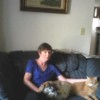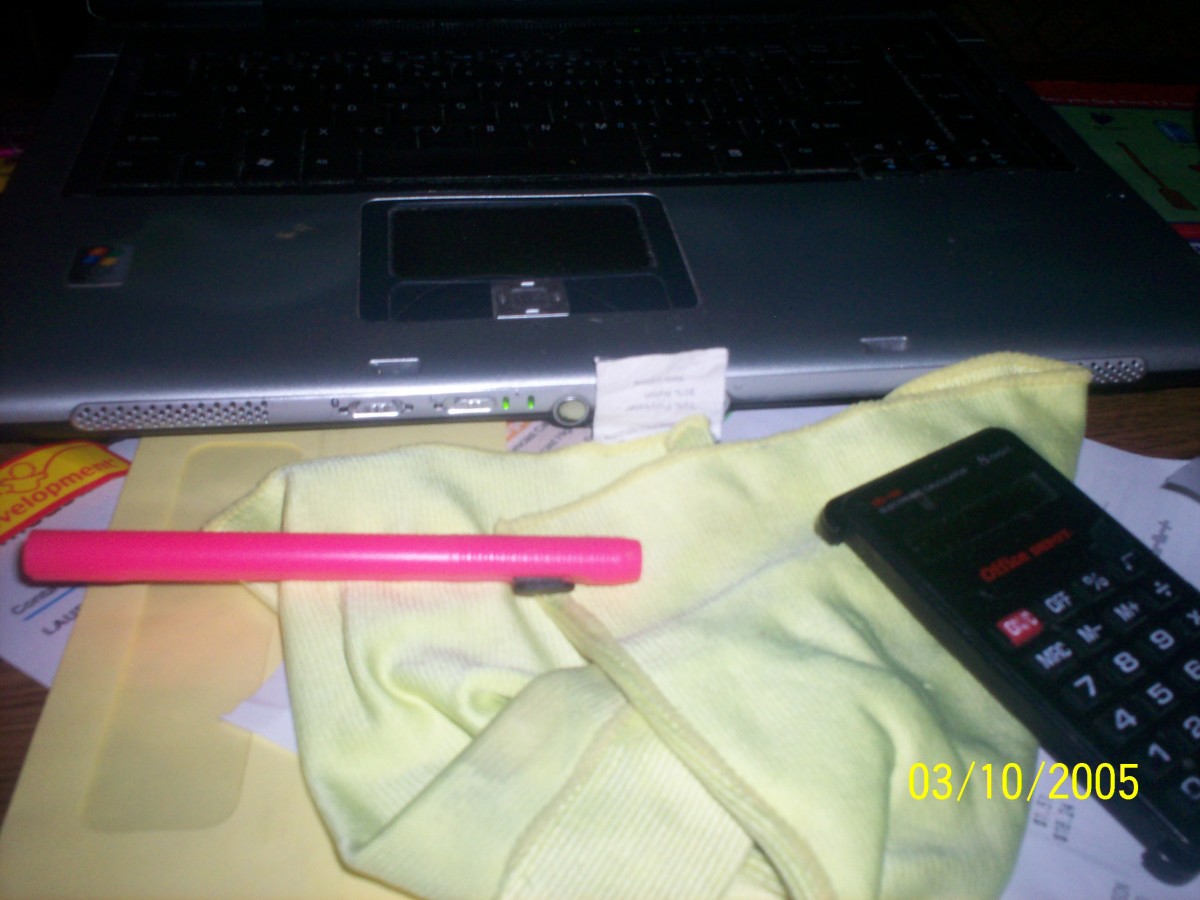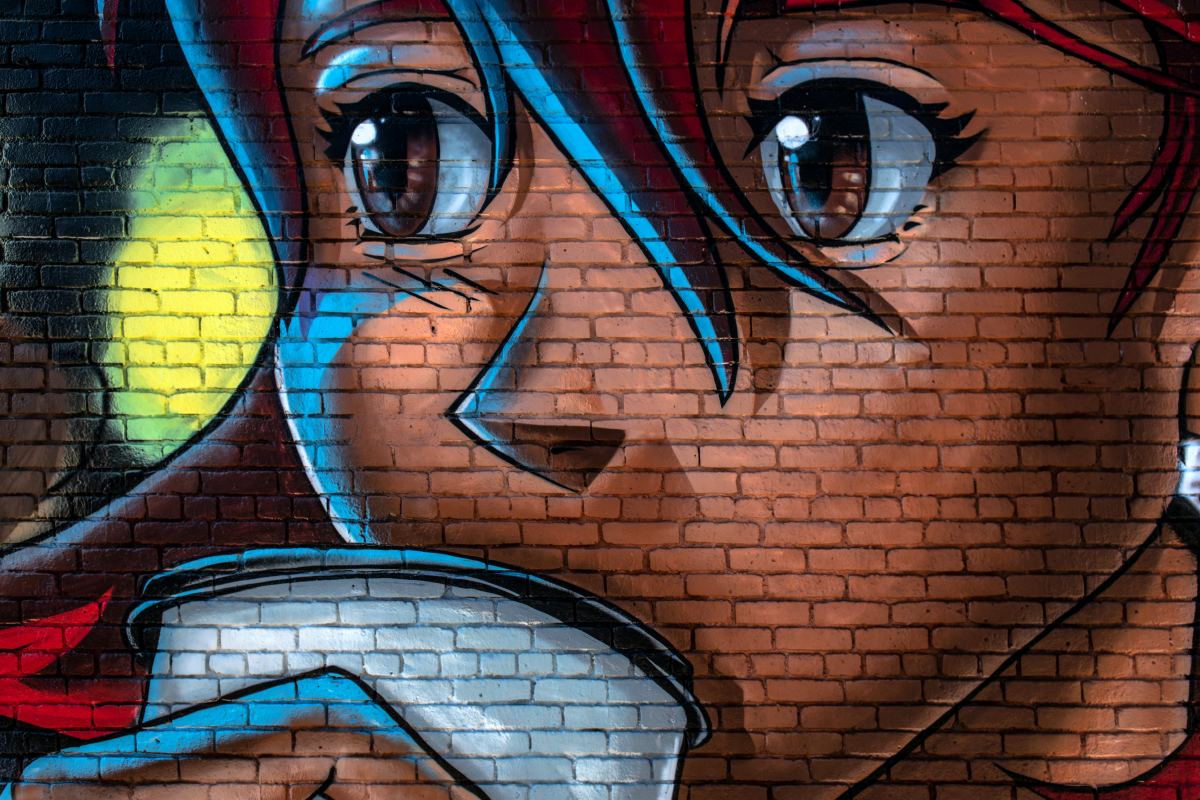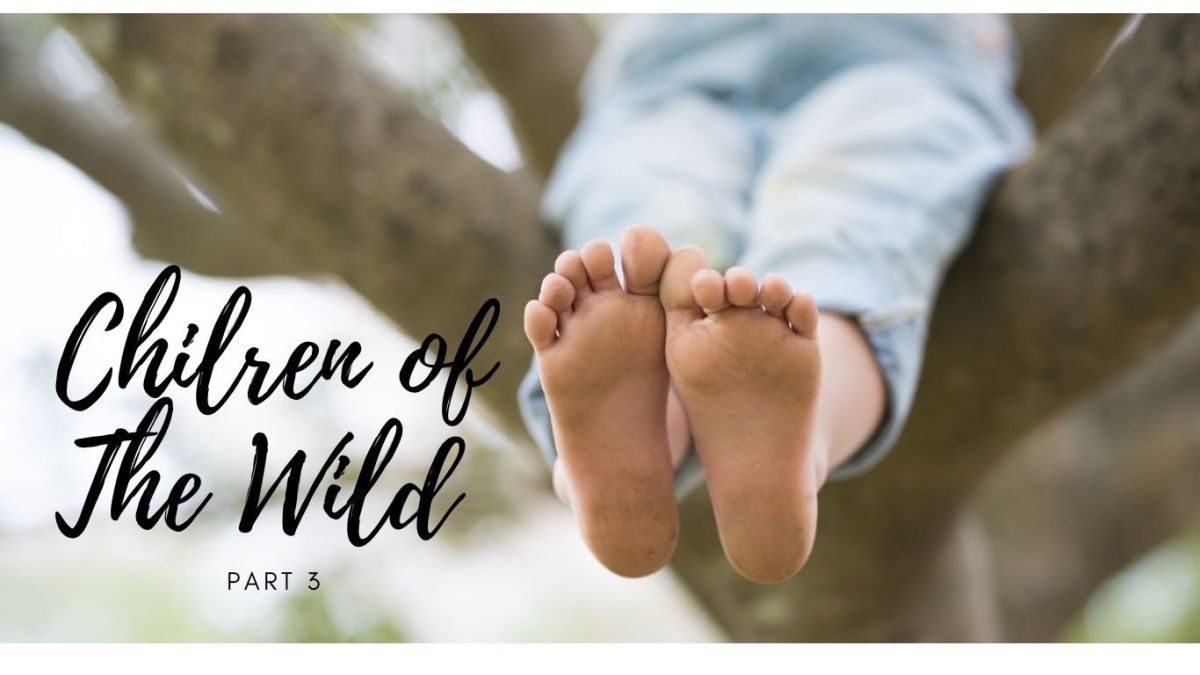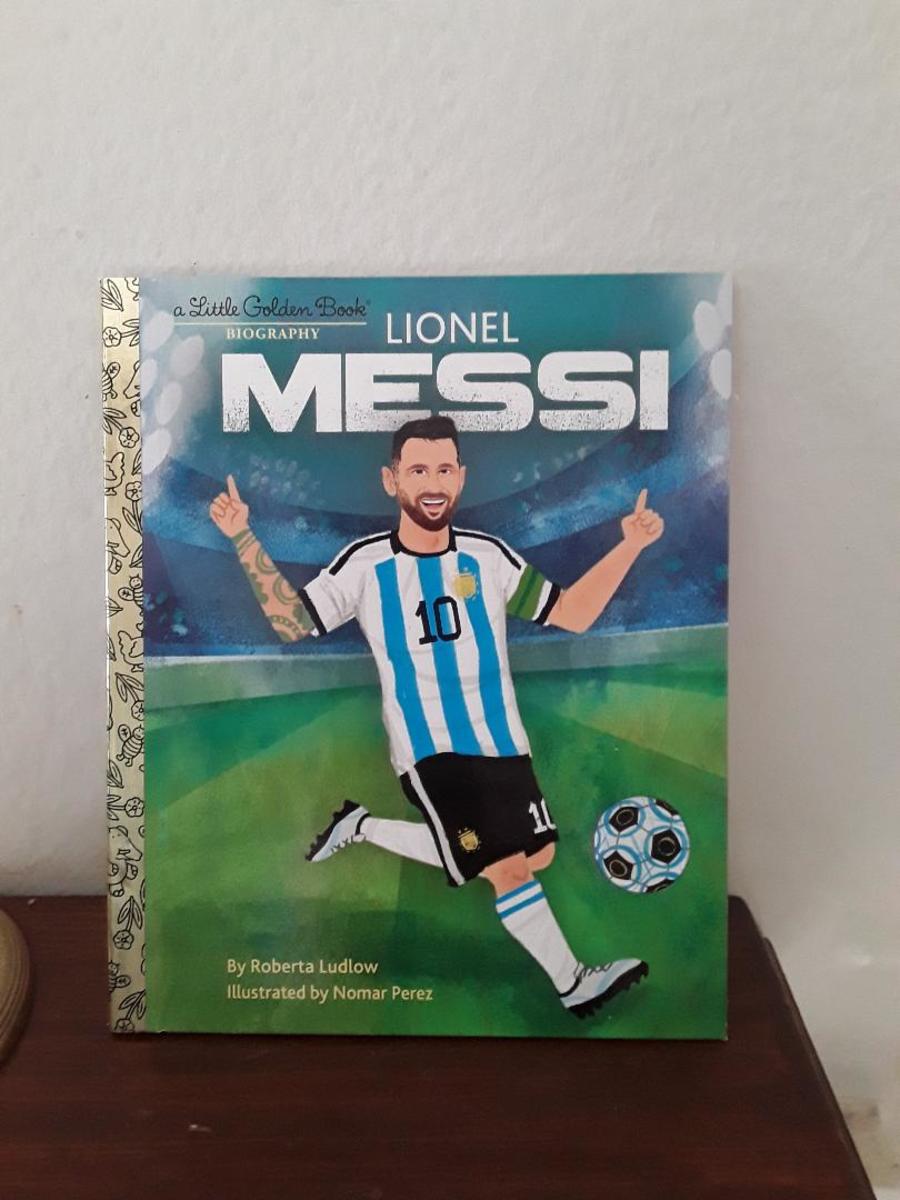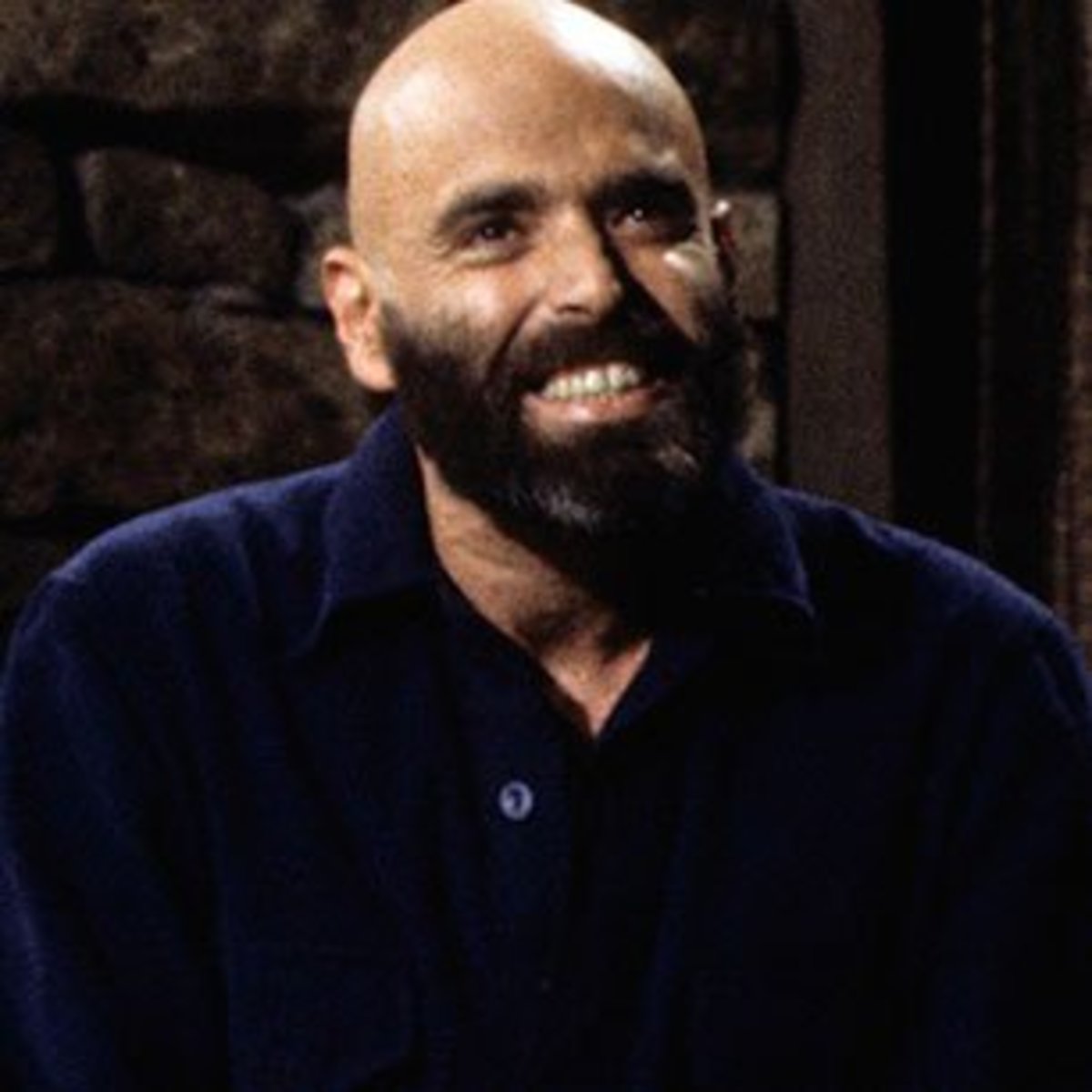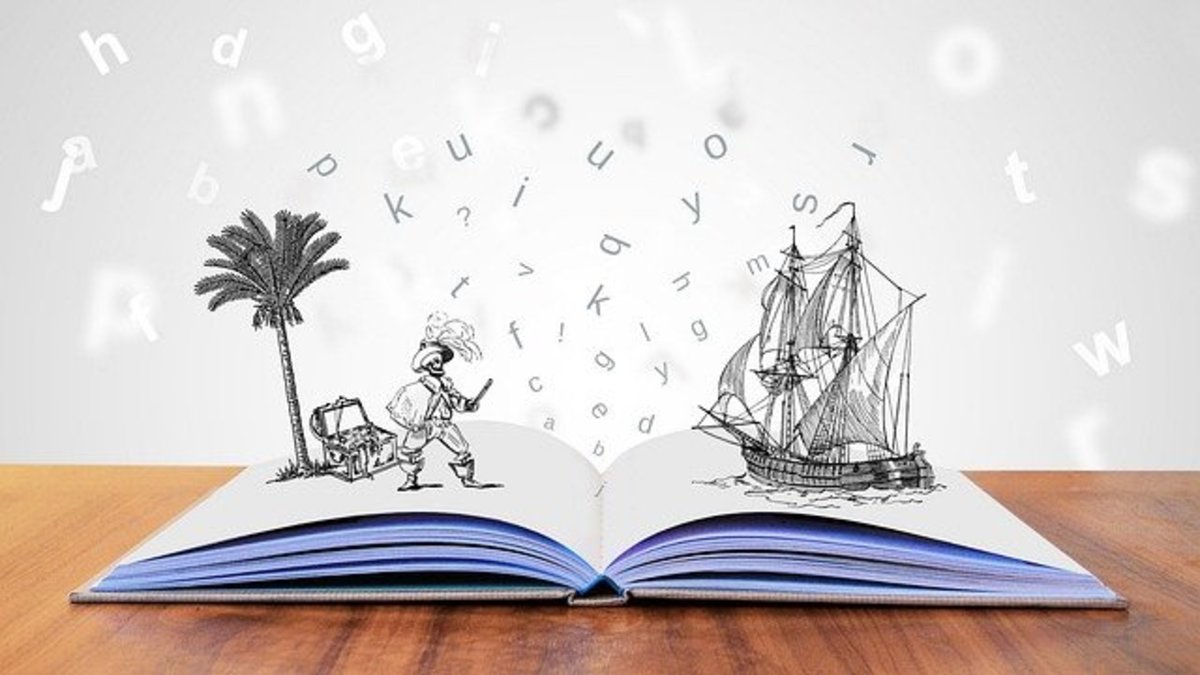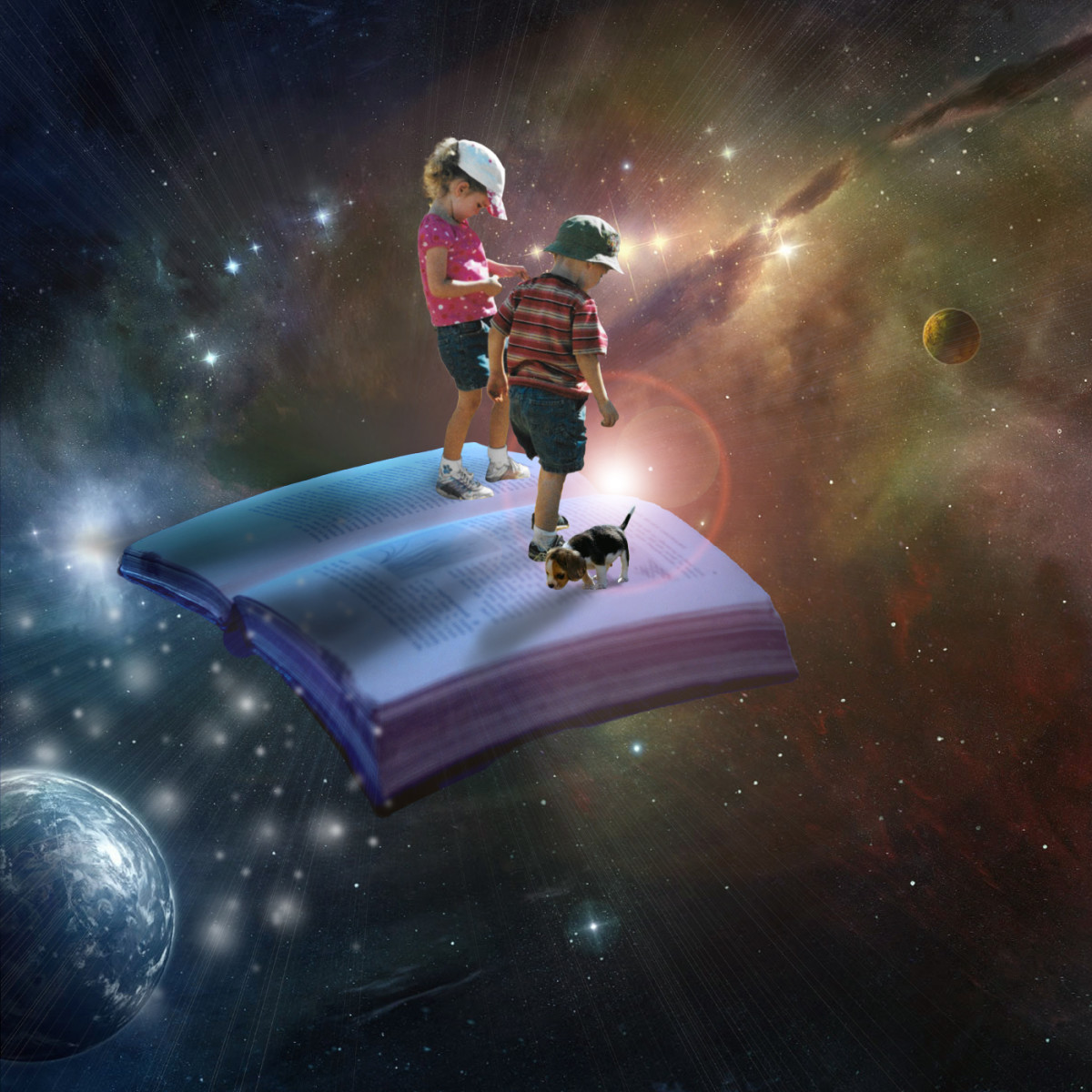- HubPages»
- Books, Literature, and Writing»
- Books & Novels»
- Children's Books
Autism Spectrum, Acceptance of Everyone, and Remembering the Challenger in Exciting Novel for Young Readers
Exciting Debut Novel from Nicole Panteleakos
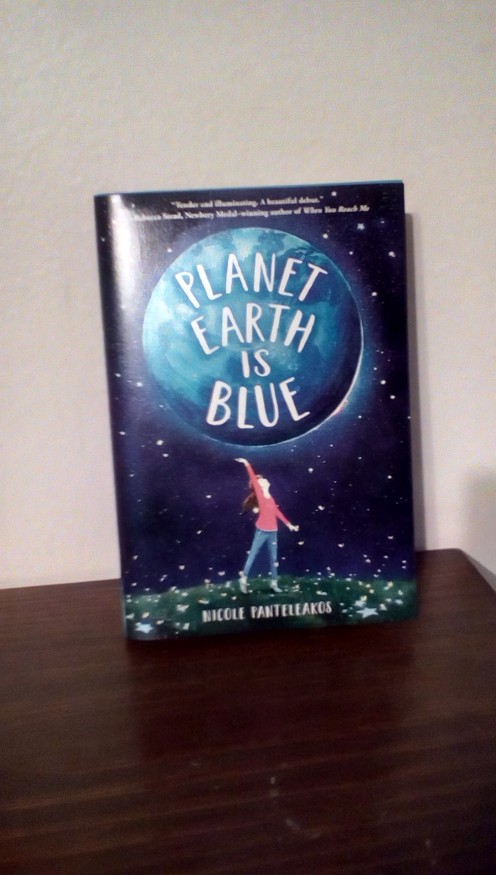
Hope in Overcoming the Challenges of Autism and Remembering the Challenger
I am very excited about reviewing this debut novel from Nicole Panteleakos for two reasons. I have a niece on the autism spectrum and I can clearly remember the Challenger and the heartbreaking explosion that killed all of the astronauts on that fateful day. It was especially heartbreaking because the first teacher Christa McAuliffe was on board. Educators and students were extremely excited because Christa would be teaching some lessons from space. Many people can remember where they were when this disaster occurred.
Nova is a young girl on the autism spectrum. She loves all things associated with space and astronomy. She has experienced teachers and other children who have referred to her as "retarded". Nova does not communicate well. She is fortunate to find a foster family who understands her potential and is able to begin a new school experience. New teachers also see potential and there is new hope for Nova. The new school has special new technology to help Nova overcome the many obstacles that come with having severe autism. Nova is excited about her new school because the first thing that she noticed was the poster of the solar system that was hanging in the special education classroom.
Nova is excitedly awaiting the launch of the Challenger. The only problem is that she is supposed to watch the launch with her sister and her sister who has always been very supportive has disappeared. Nova is with a wonderful new foster family and she is desperately hoping that her sister will come back after having run away.
Nova spends her time writing letters to Bridget in hopes that she will be back in time for the launch. Her teacher calls the letters "scribbles" but Nova is quite certain that Bridget would be able to read her letters. Nova holds her NASA bear closely every day waiting for her sister to return. There is only one more day until the launch of the Challenger and Bridget is still not back with Nova. The day of the fatal launch comes and Nova must watch without Bridget.
The surprise twist at the conclusion is that Bridget had not actually run away. Nova is reunited with her sister in a very special way.
Planet Earth Is Blue is recommended for ages 8-12, but parents who have children on the spectrum will also want to read this story. Teachers will want to read this story. Planet Earth Is Blue was published by Wendy Lamb Books, a division of Random House Children's Books and has an ISBN of 978-0-525-64657-0.
Remembering the Challenger Has Special Encouragement for Children on the Spectrum
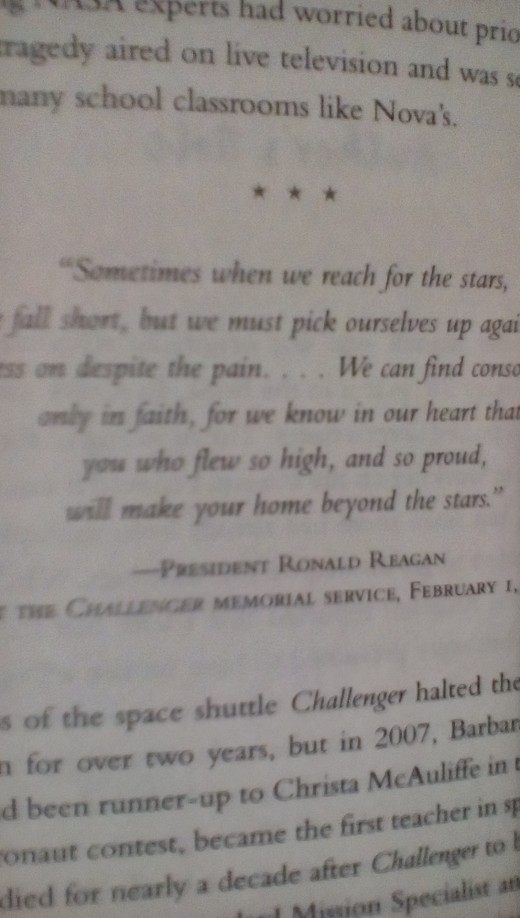
Interview With Author Nicole Panteleakos
I was privileged to be able submit questions for the author to answer through her publicist at Random House Children's Books. Nicole Panteleakos wrote her debut novel for young readers from experiences in her own life. Nicole herself is on the autism spectrum and has also worked with children on the autism spectrum. Her character Nova is like Nicole herself was as a child on the spectrum.
Her answers to my interview questions are very insightful and interesting.
*Why did you choose to write about an autistic child? Do you have friends who have autistic children?
Nicole:
"I wrote about an autistic child in part because people always say "write what you know" and in part because I wanted to show kid readers an autistic character who isn't stereotypically unimaginative, closed-off emotionally, and unable to love or empathize. Nova is creative, she loves to pretend, and she adores her older sister and other people in her life, she feels very deeply, and while she can't always express empathy in the ways other kids do, she absolutely feels it. Nova is not based on any particular person, but she is both influenced by myself as a child (the sensory issues in particular) and inspired by friends, family members, and kids I have worked with. Her taste in music closely aligns with that of my goddaughter and her twin brother...though I probably influenced that by playing David Bowie's music for them when they were little just as my parents did with me)."
*Have you observed in your work with autistic children as a volunteer any qualities that you find particularly interesting? Why?
Nicole:
"Autistic kids are as fun and interesting as any other kids-maybe even more so, but I'm probably biased. I love working with kids because they are genuine, naturally funny, spunky, and full of big dreams.
Through work and volunteering, though, one thing I've found interesting (and sometimes upsetting) is the way certain adults have viewed specific autistic kids, because it's often completely unlike the way I do. For example, one woman unintentionally heavily influenced the book about twelve years ago when she told me I should only use "short, basic" sentences with my mostly nonverbal godson. she said, "he doesn't understand what we're saying when we use full sentences" because he "lacks complex thinking." She was an 'expert', but I knew that couldn't be further from the truth. At home I always spoke to him in full sentences as I would any other four-year-old, and he responded appropriately.
Also, some of the most creative people I know-children and adults-are autistic. There are autistic artists, authors, teachers, filmmakers, actors, dancers, animators...Too many movies, books, and TV shows have been made featuring characters, who are less artsy and affectionate than Spock from Star Trek, and because that's what many people see, that's what they think all autistic people are like."
*What are the special characteristics of your character that you especially like as you wrote about her?
Nicole:
"Kind of like going back to the misconceptions above, I love that Nova is a loving, hopeful, imaginative child. In one of my favorite scenes, another girl (also on the autism spectrum) asks Nova to create a distraction so she can get back at girls who were making fun of them. Nova does, and feels good at the time,but later agonizes over whether she did the right thing. She feels bad in part because she doesn't really feel bad. I think/hope a lot of kids can relate to that!"
*Do you think that technology is helpful to autistic children, or does technology hurt more than help because they do not have to try to communicate in other ways?
Nicole:
"I absolutely think technology is helpful, not just to autistic children but to autistic adults, and to people who aren't autistic but have difficulty communicating verbally for whatever reason. Communication is of incredible importance, be it through the written word, pictures, sign language, or speech, and we should all do what we can to facilitate it. (As an aside, I wish more schools taught ASL, as a language option!)"
© 2019 Cindy Hewitt
